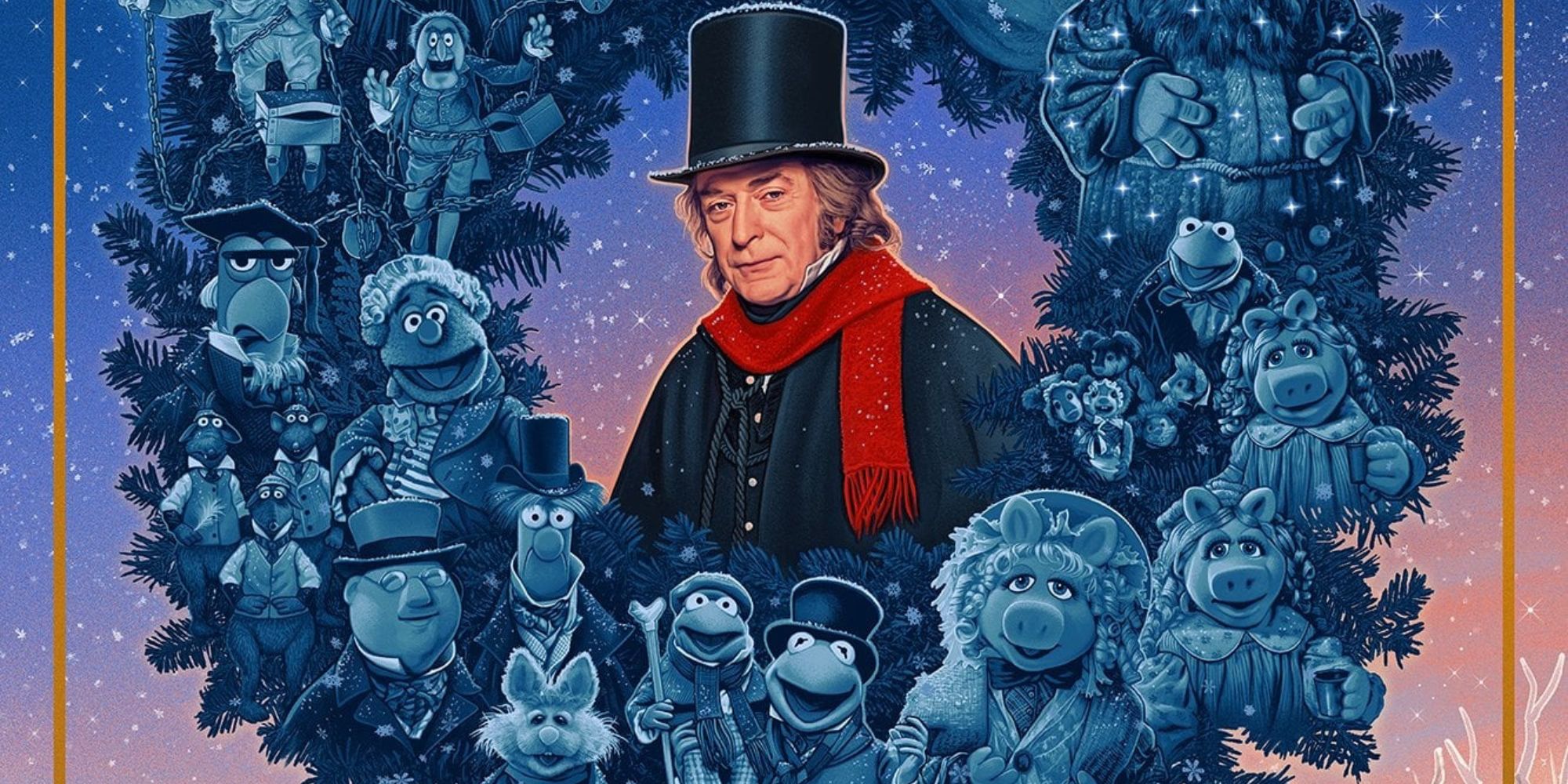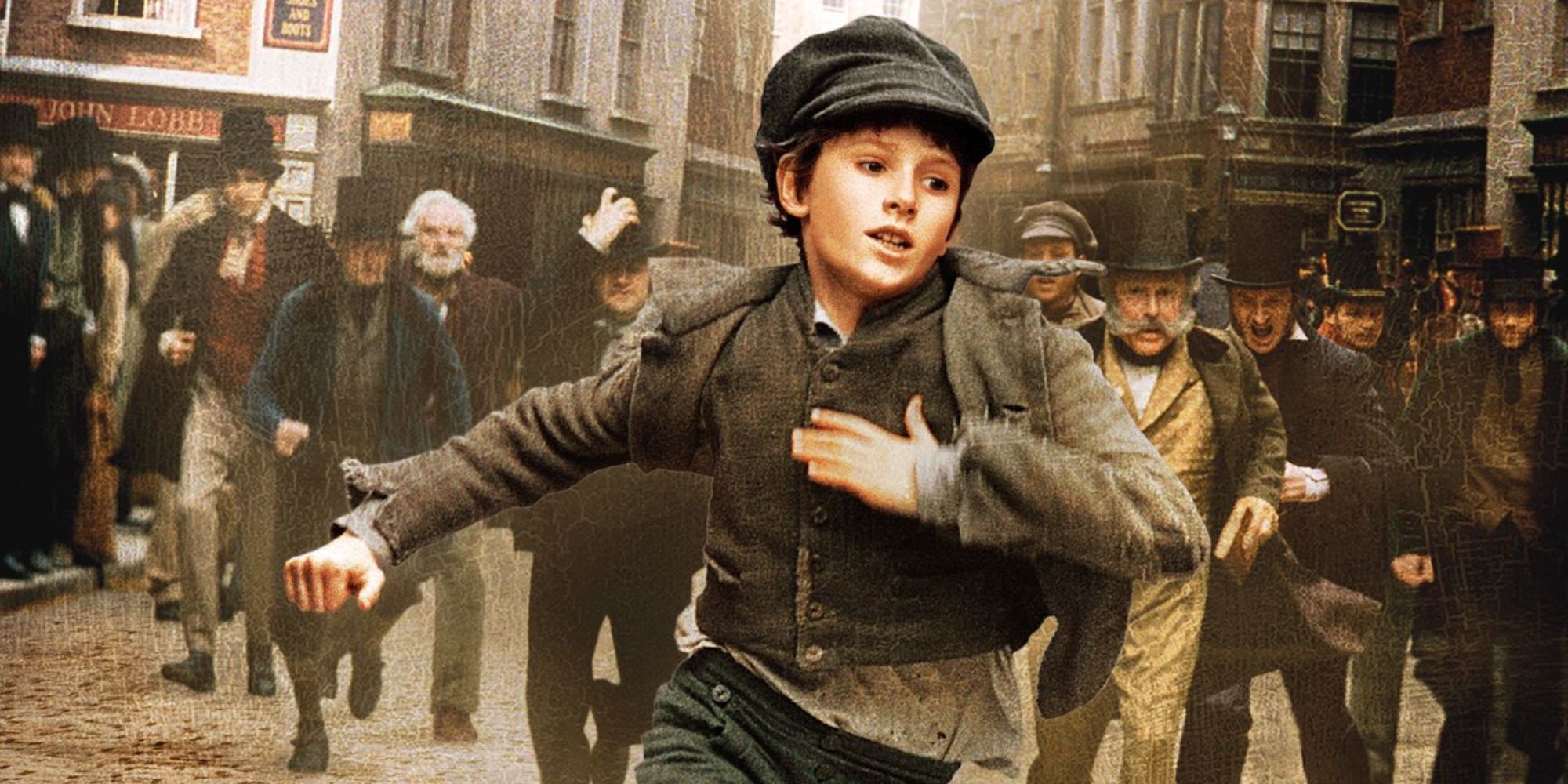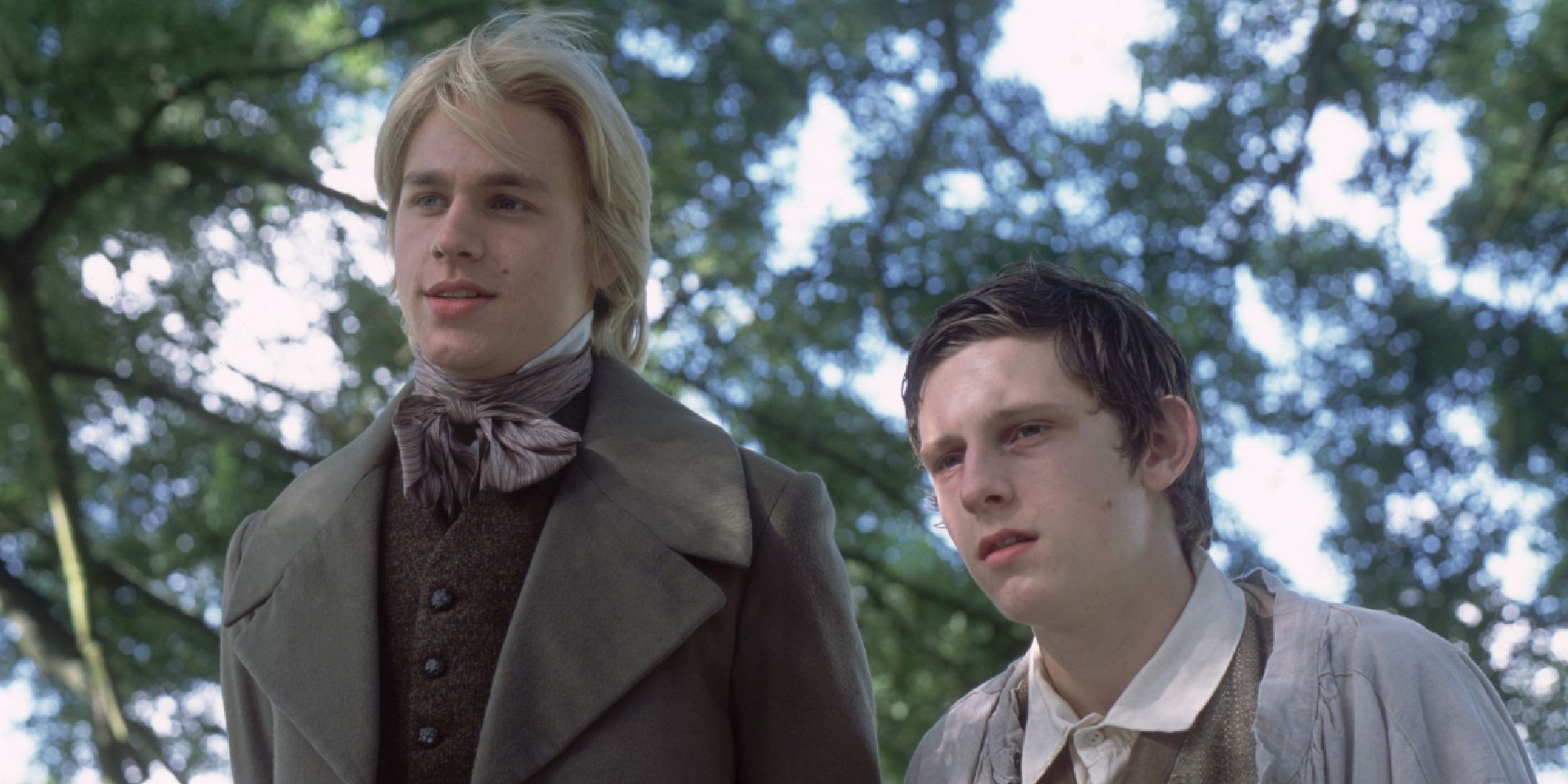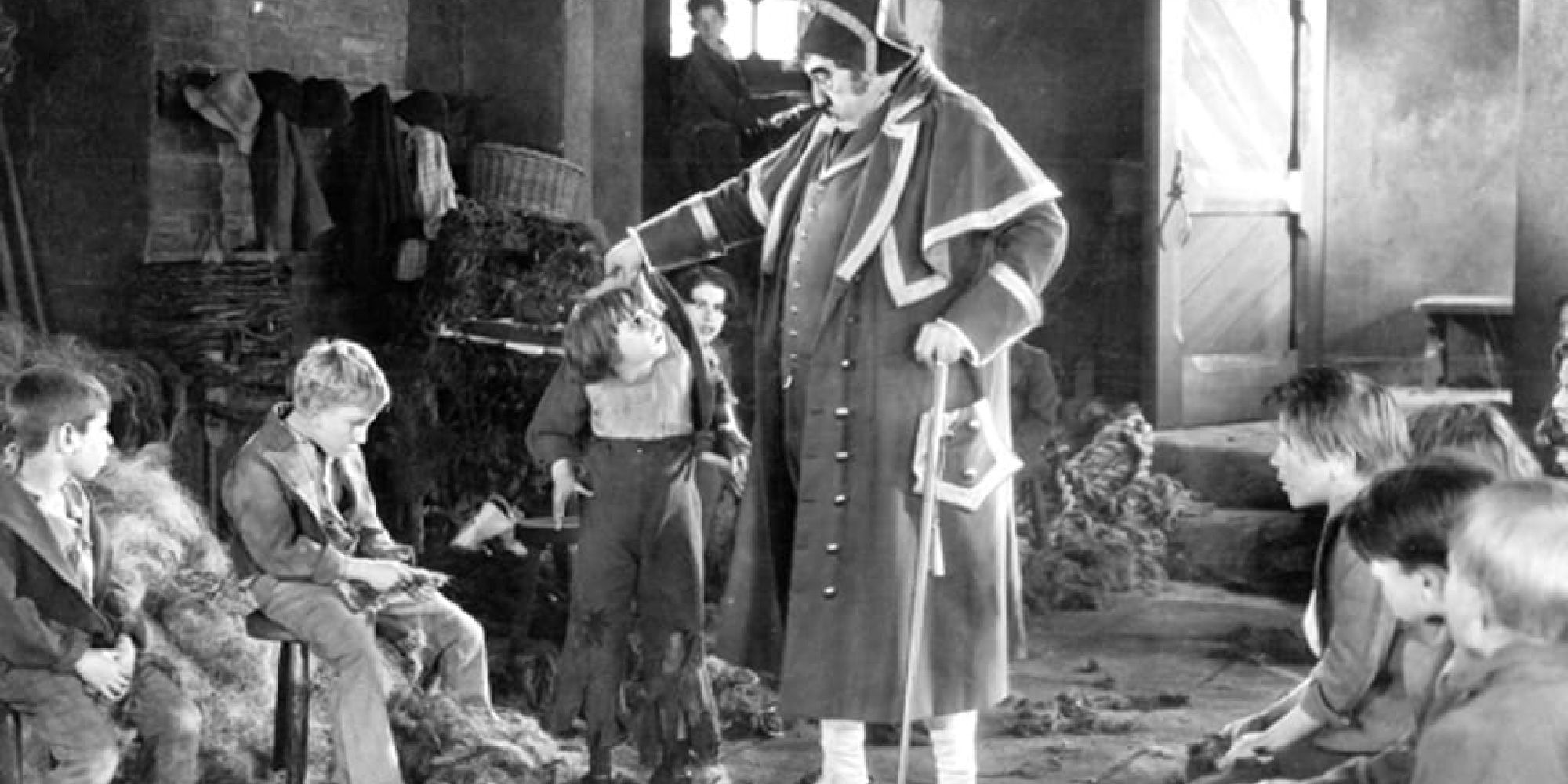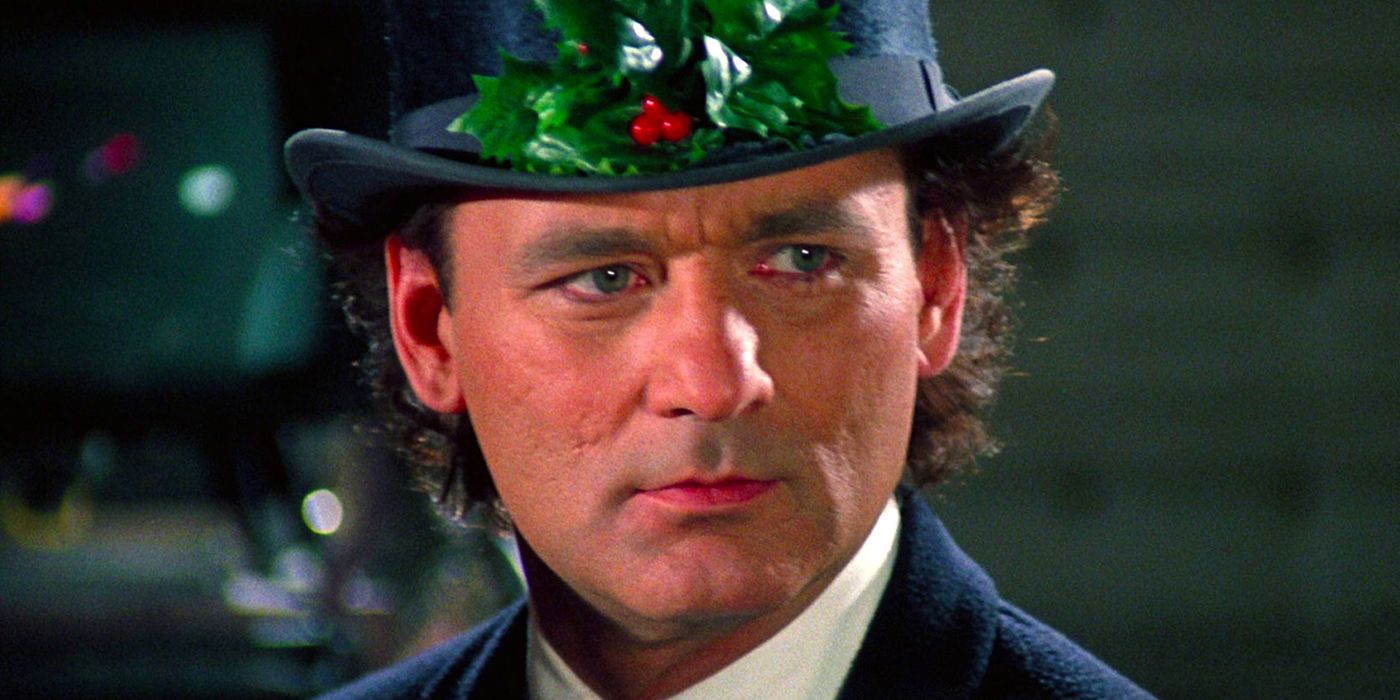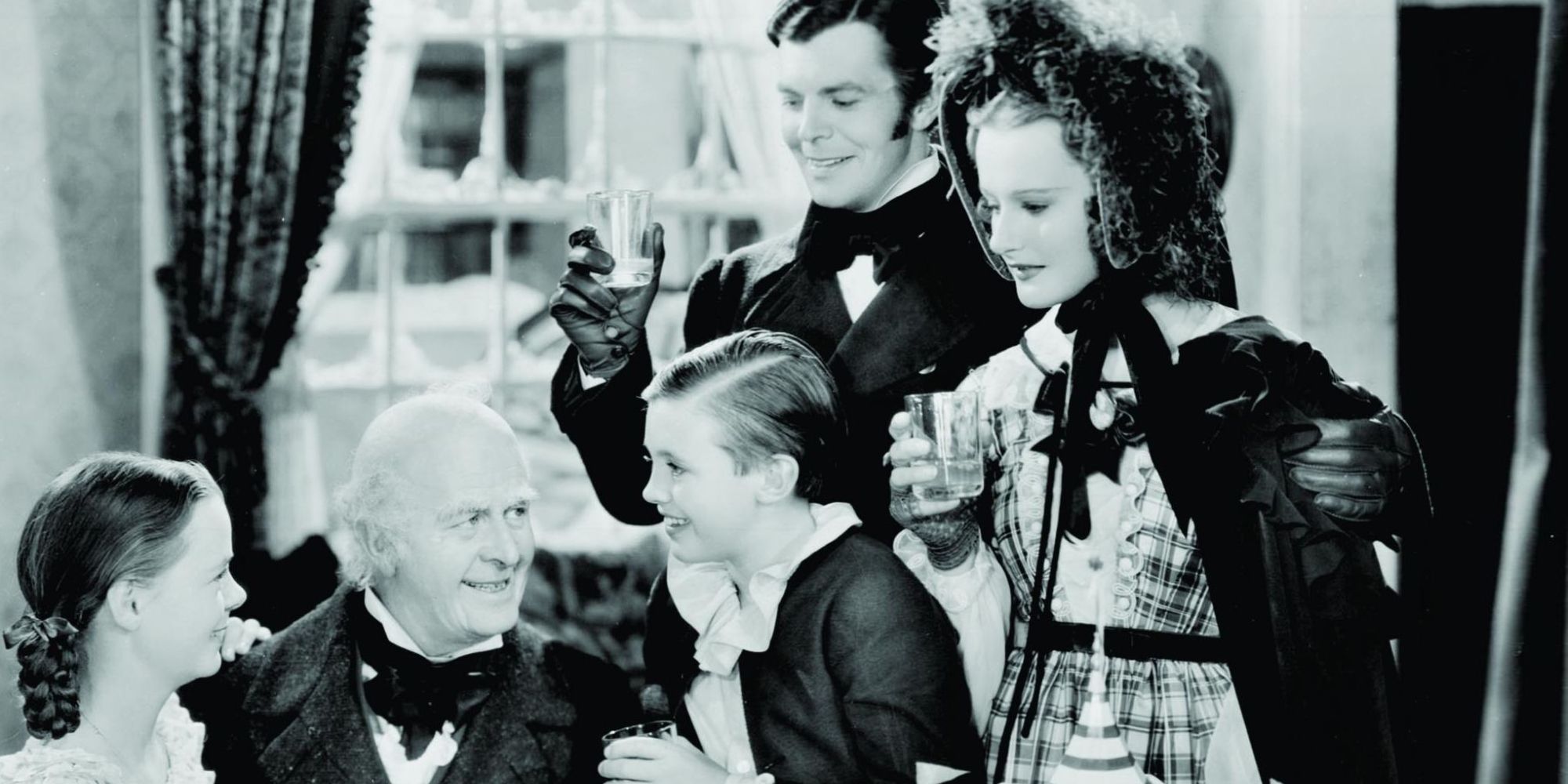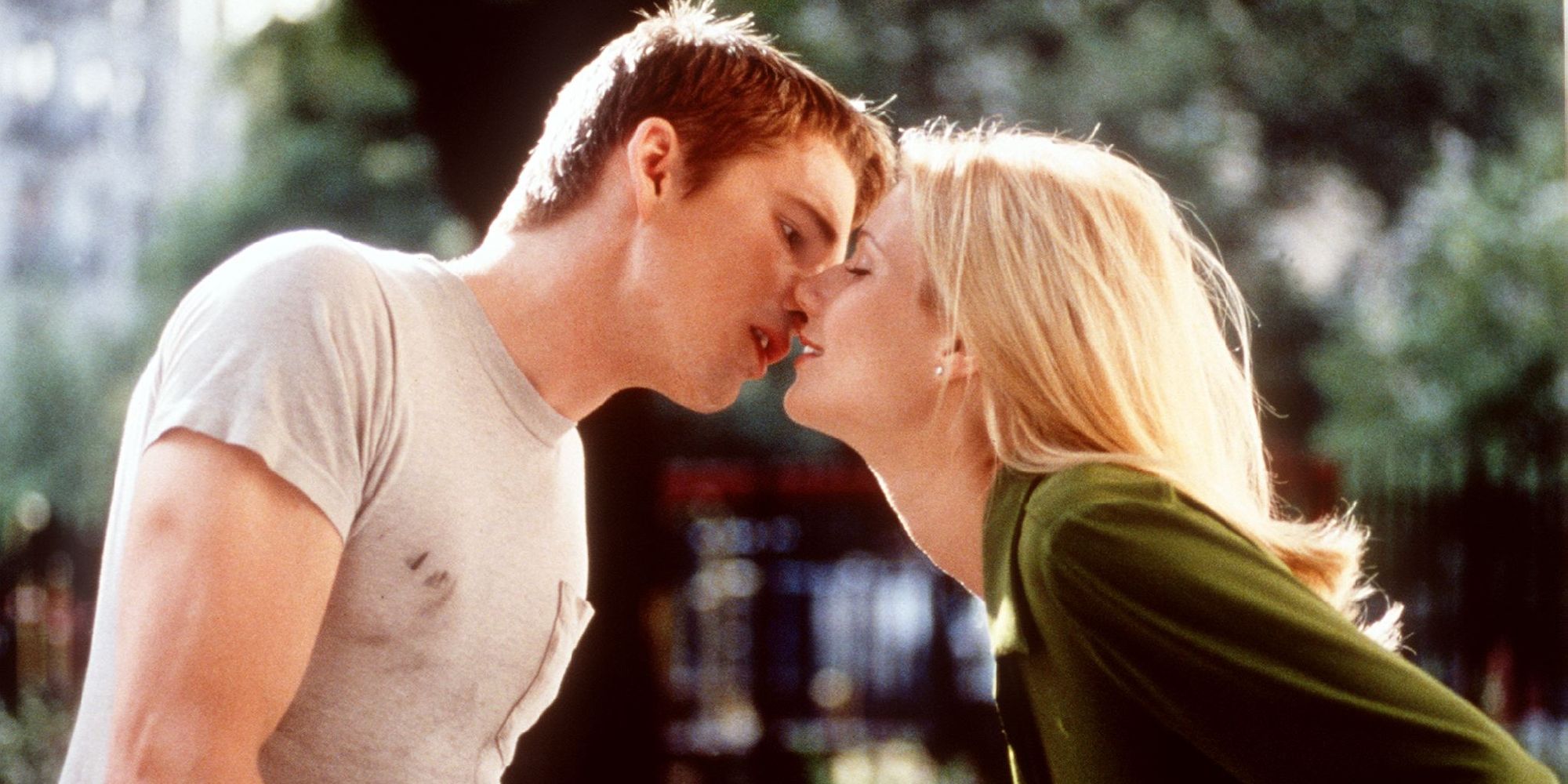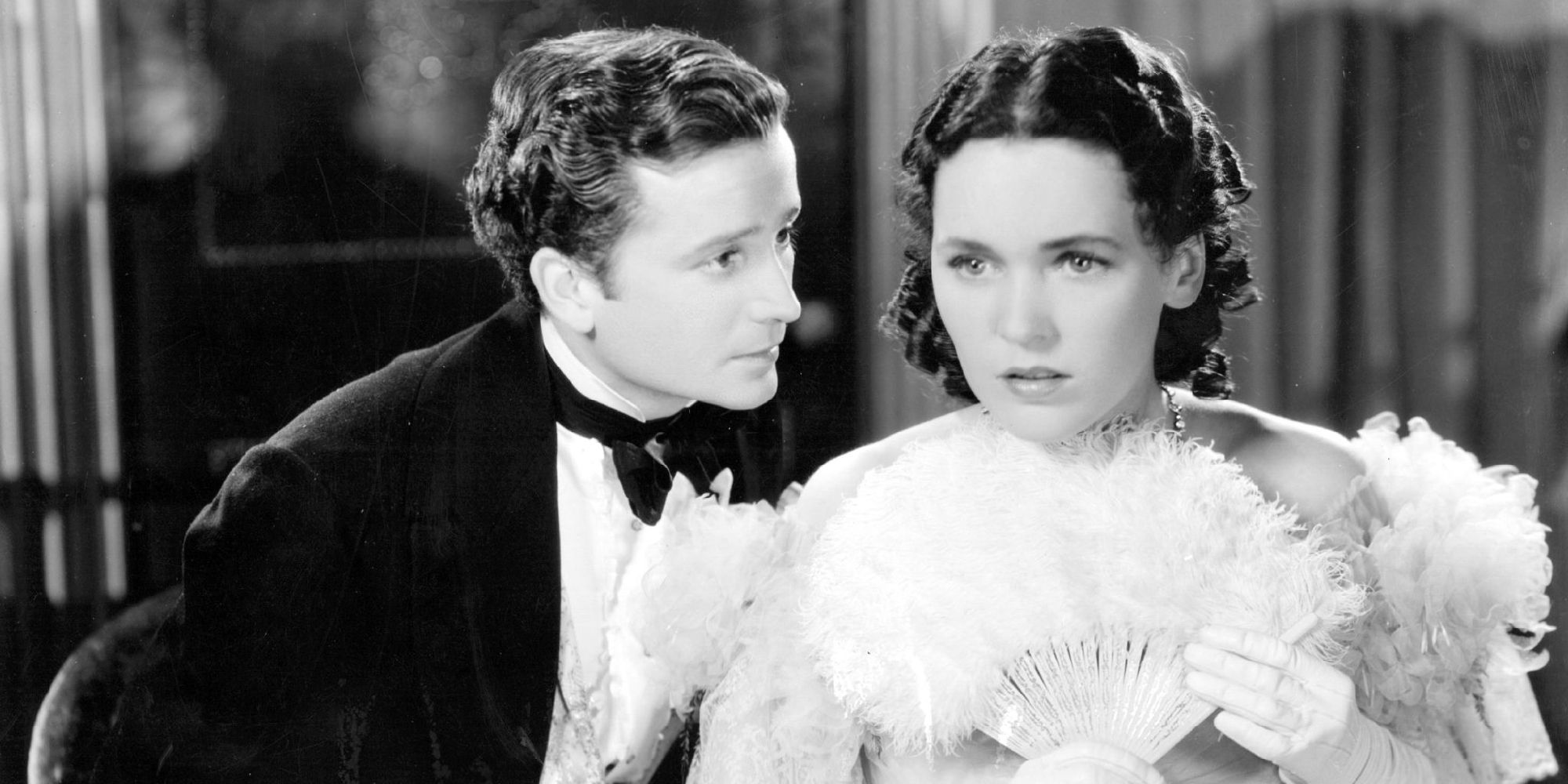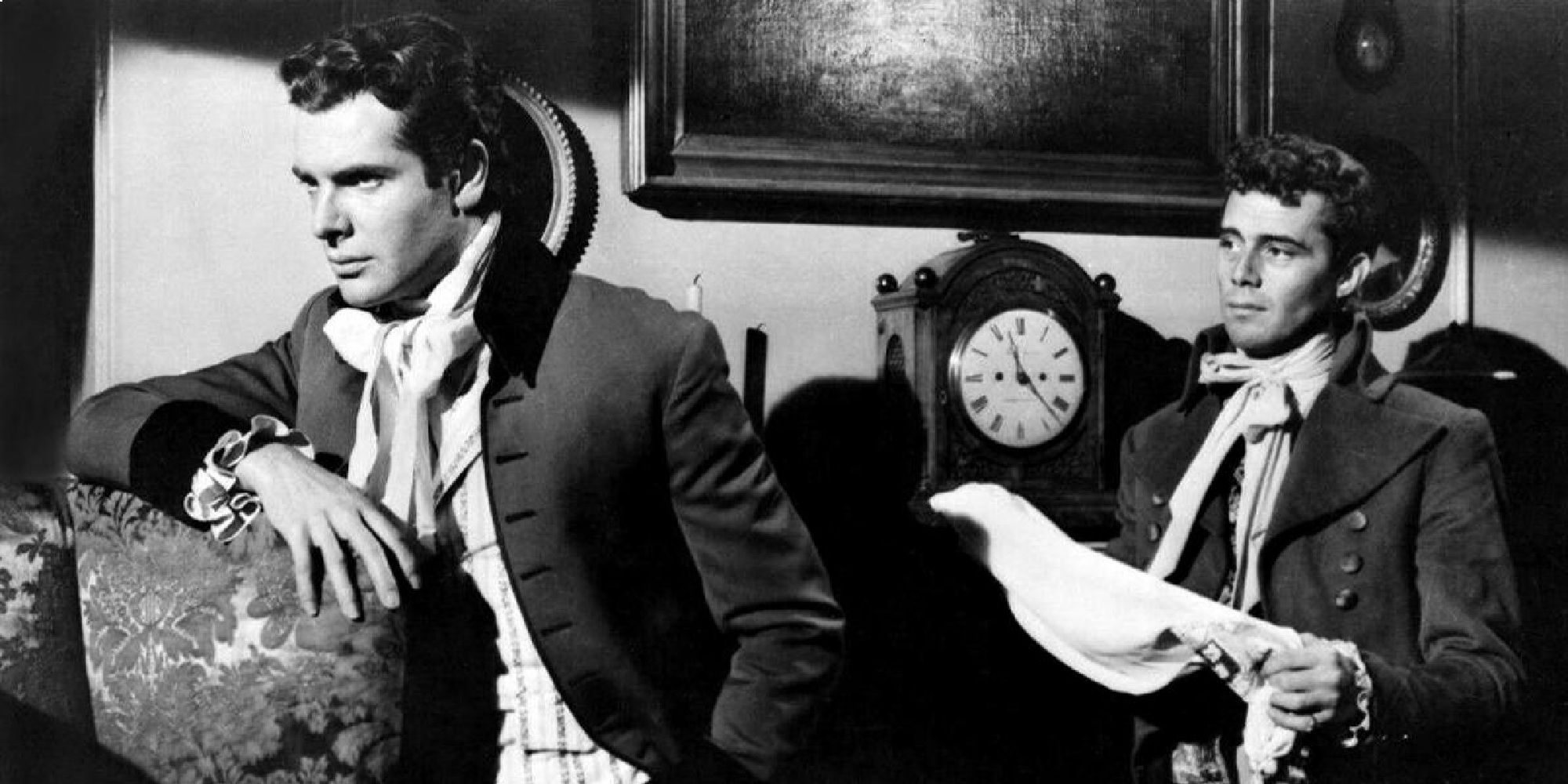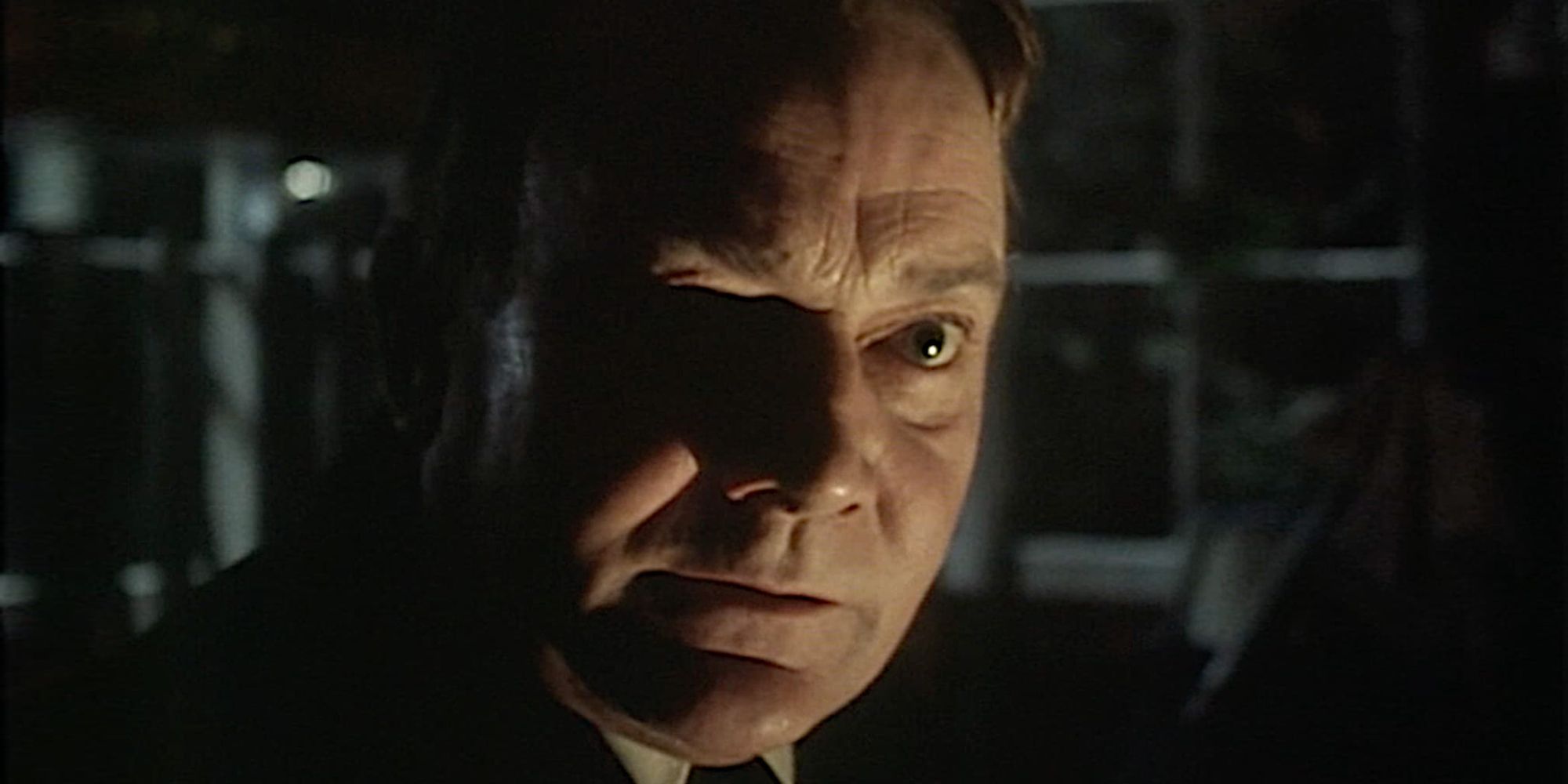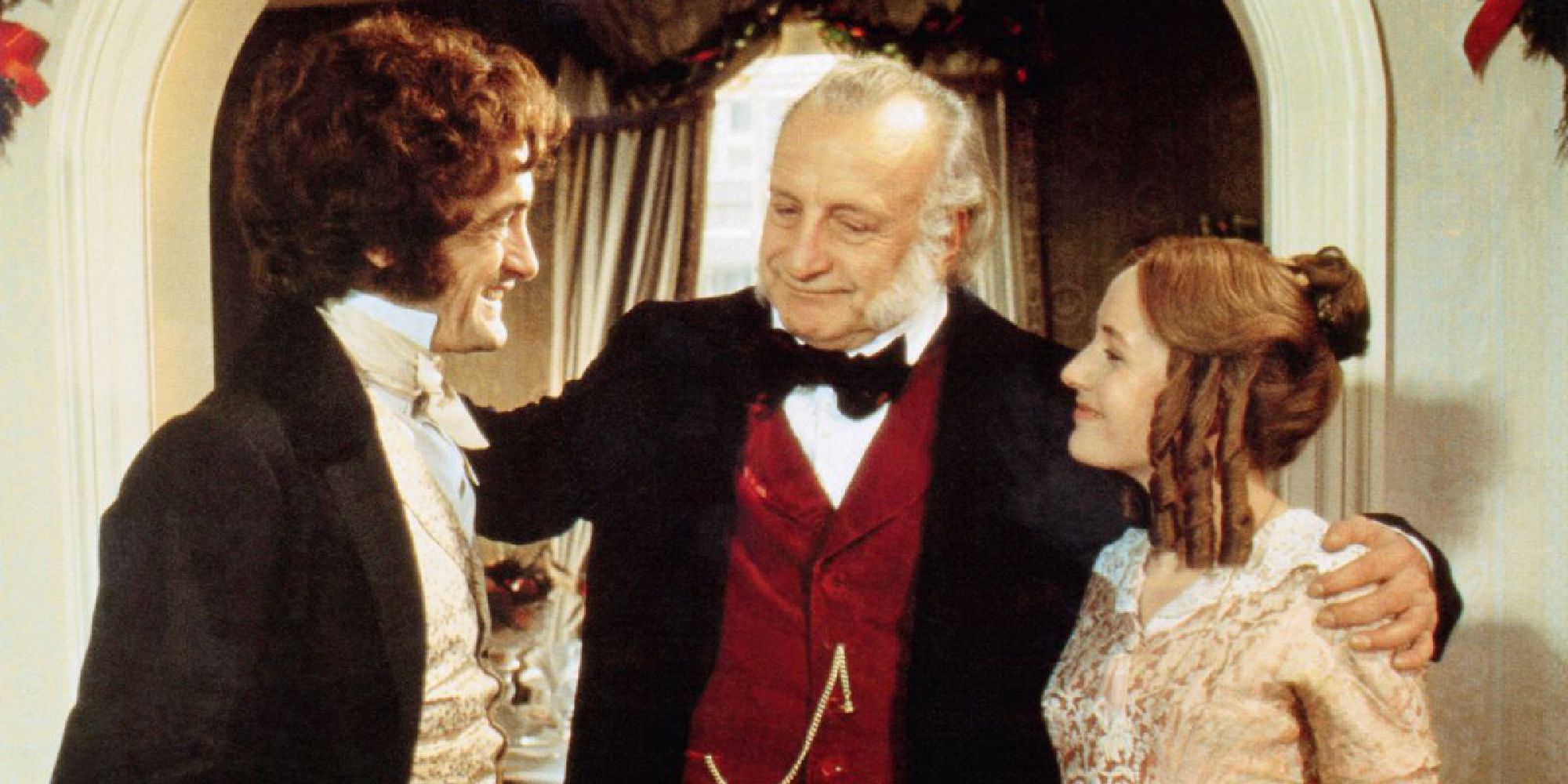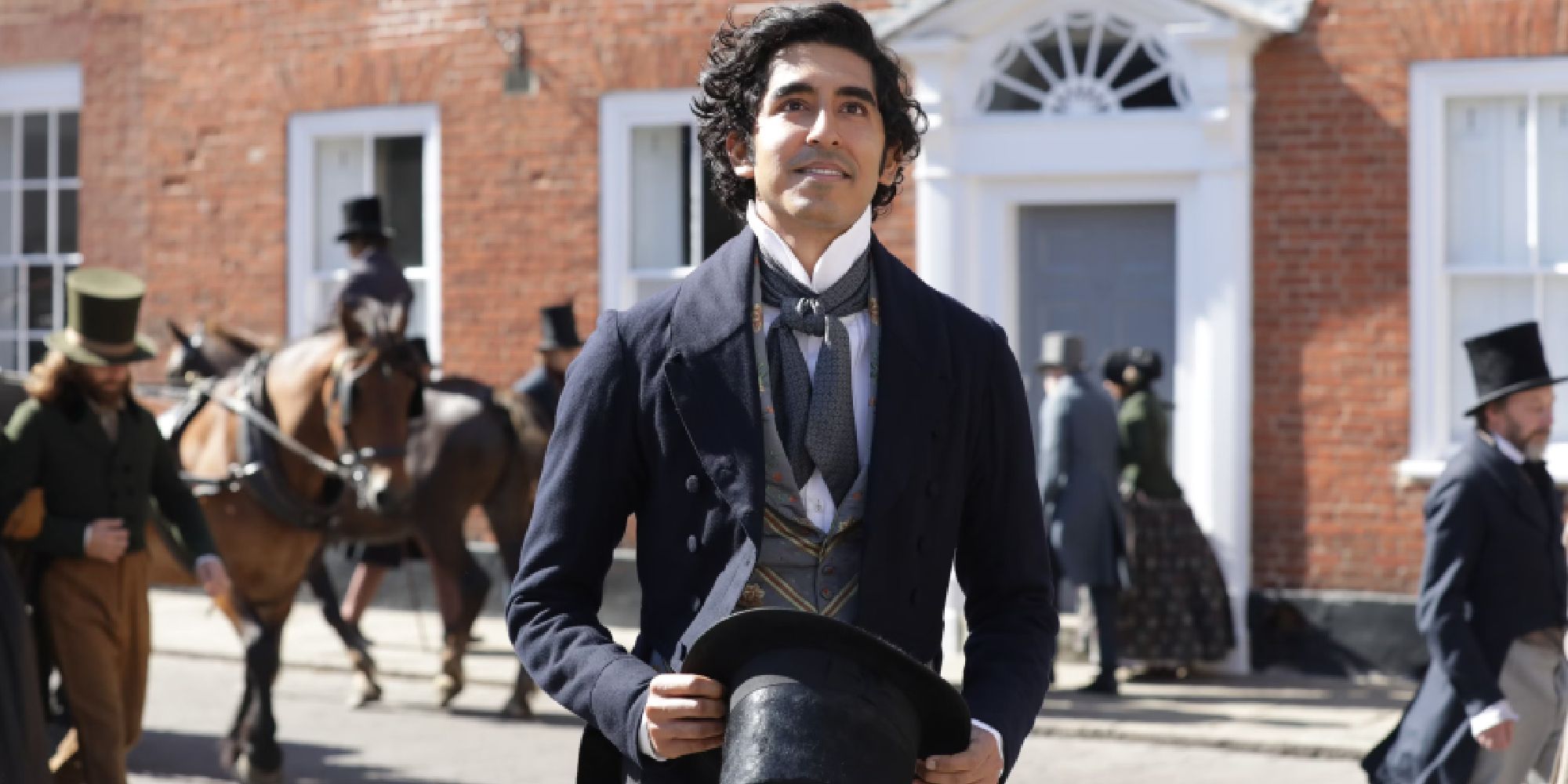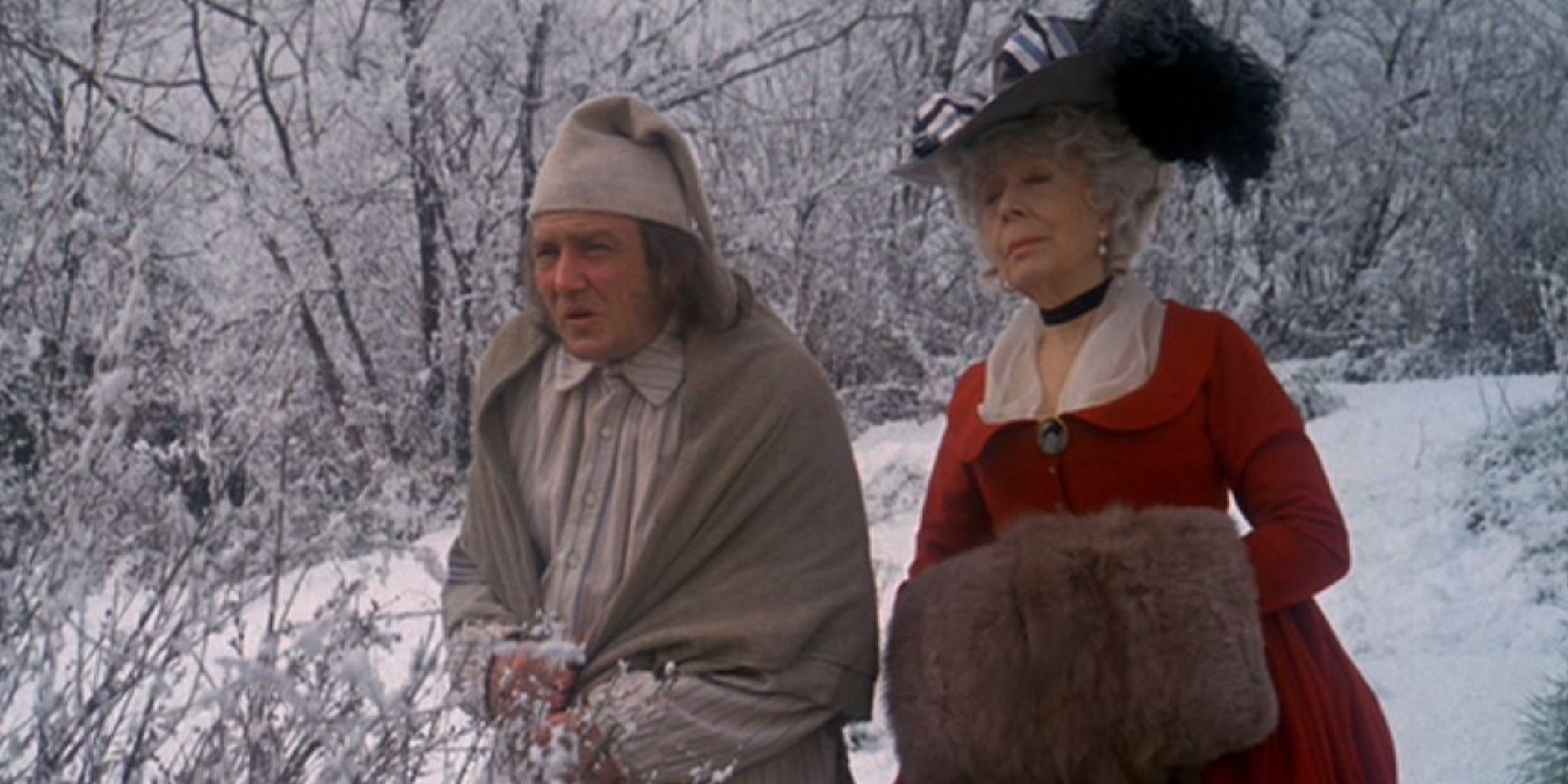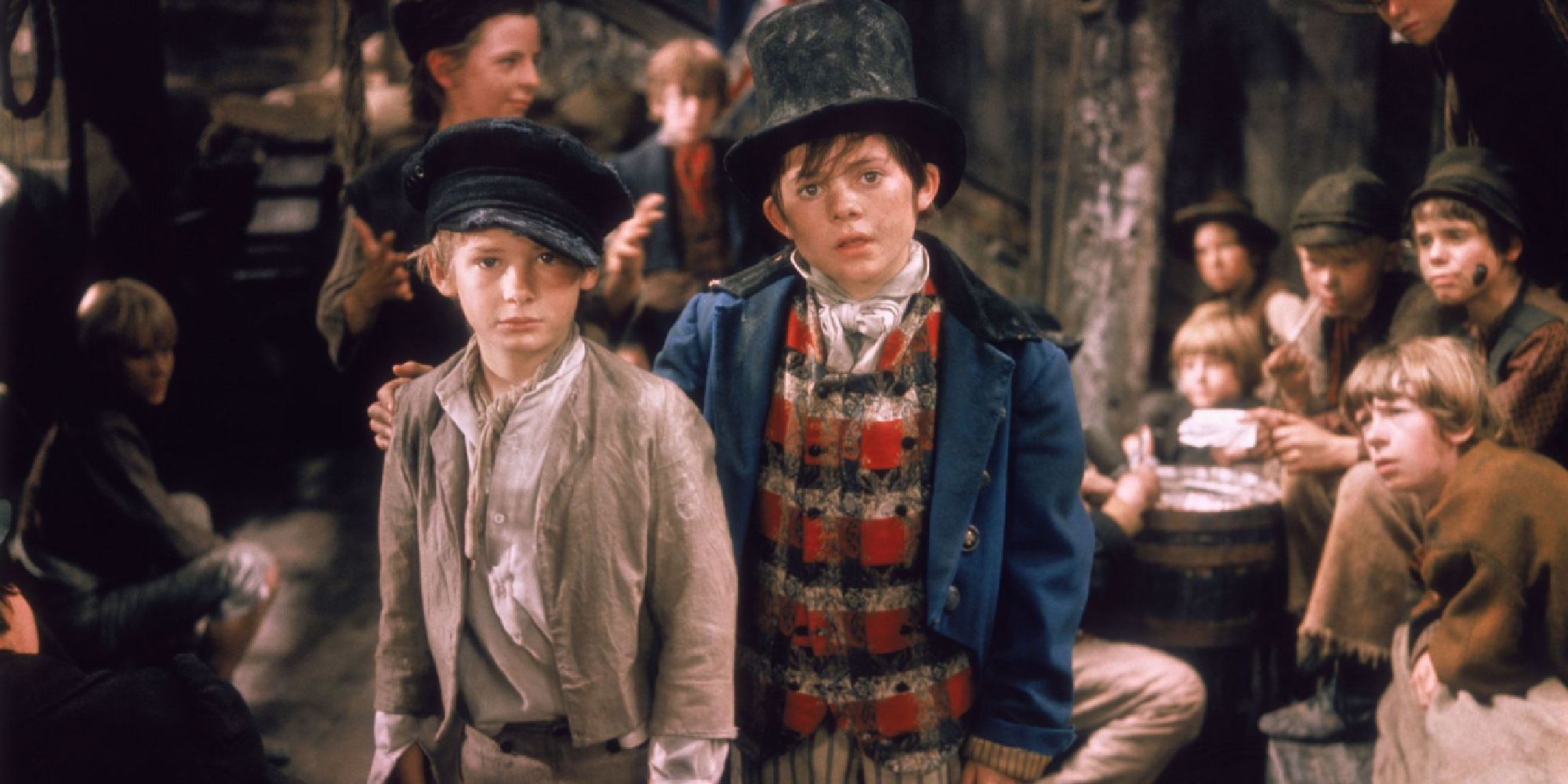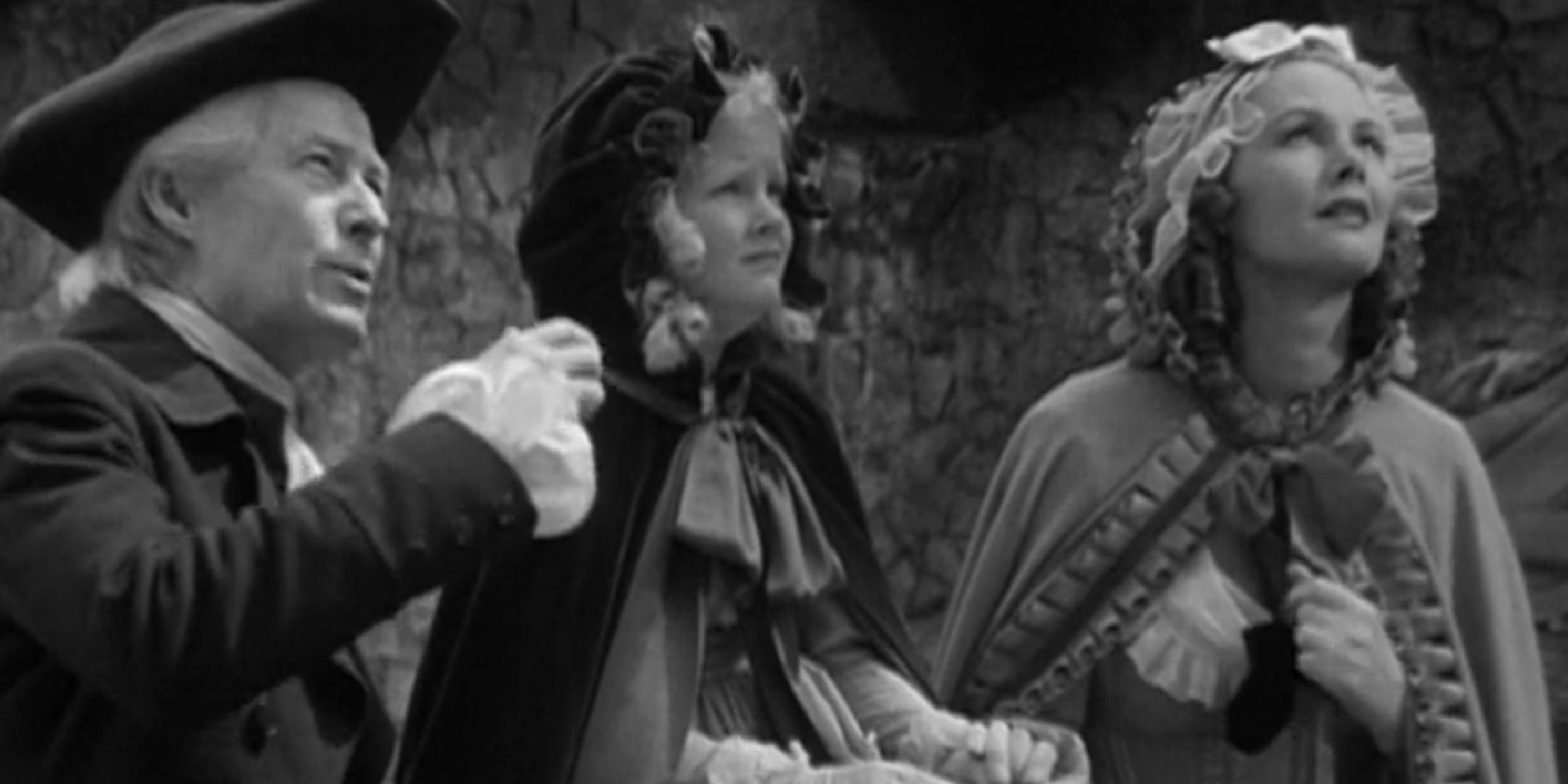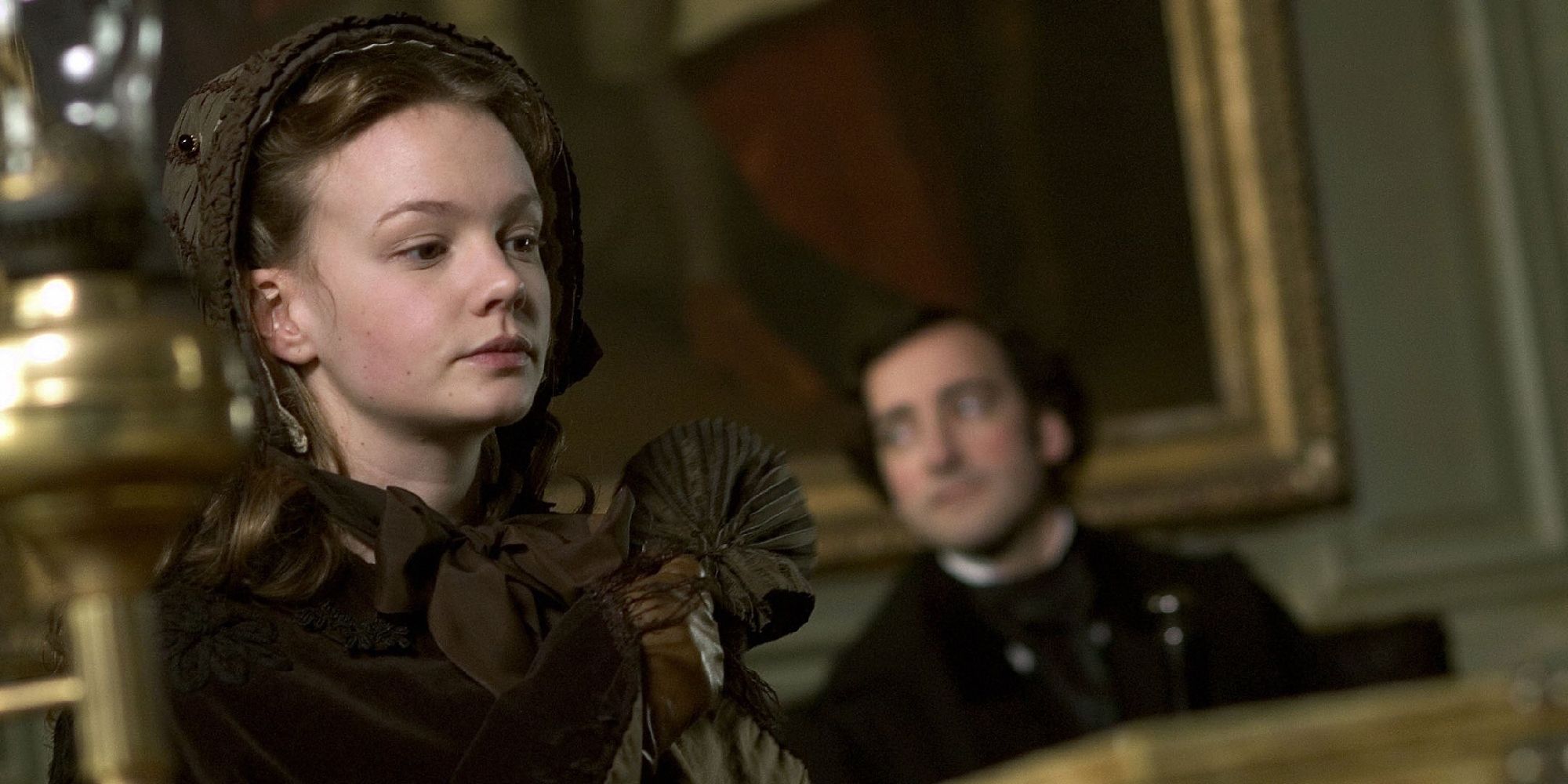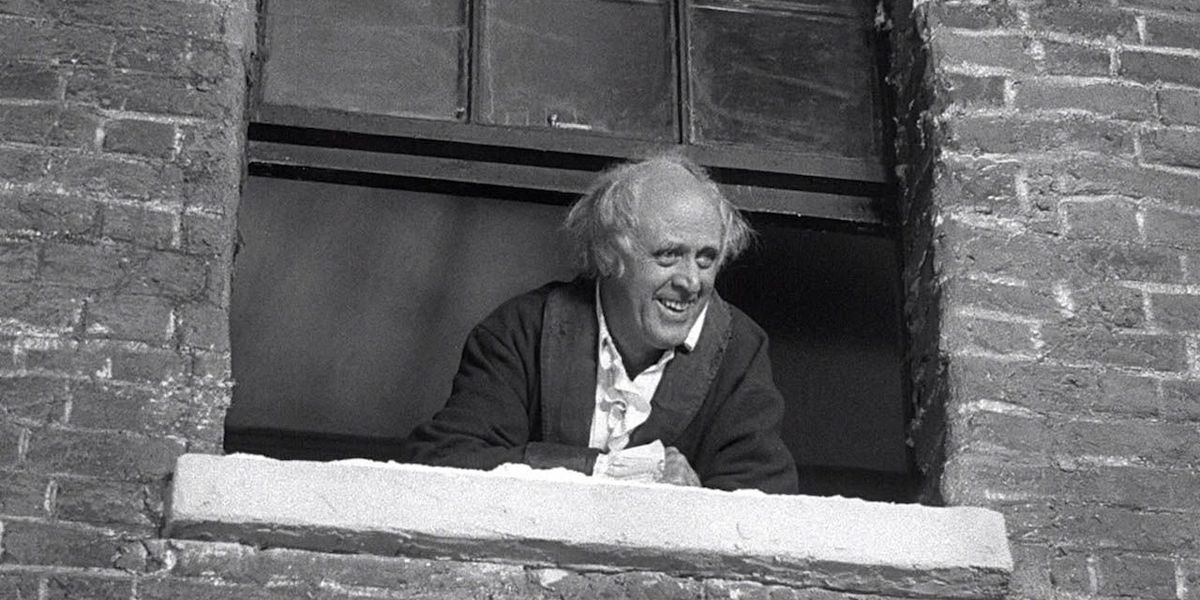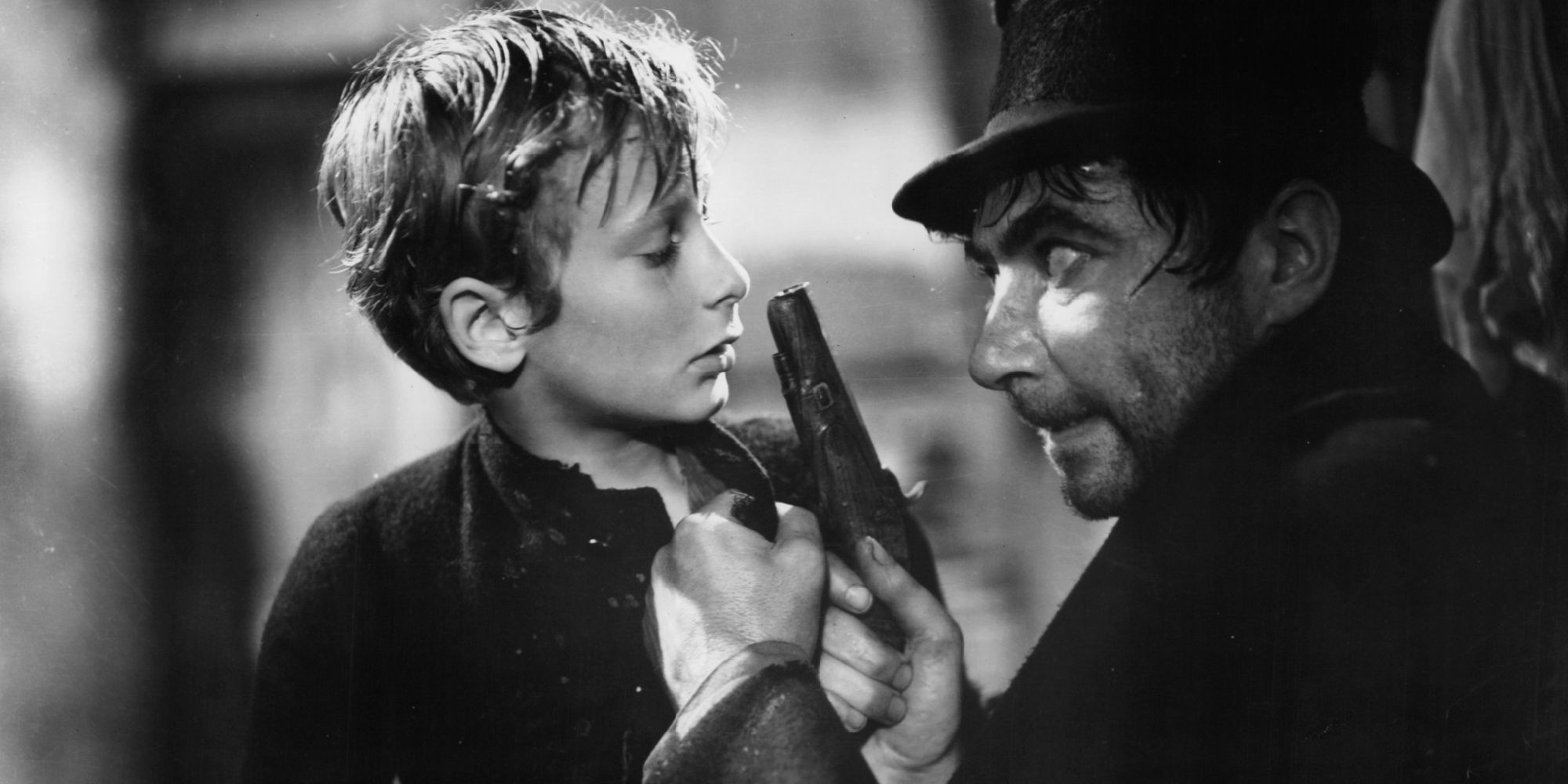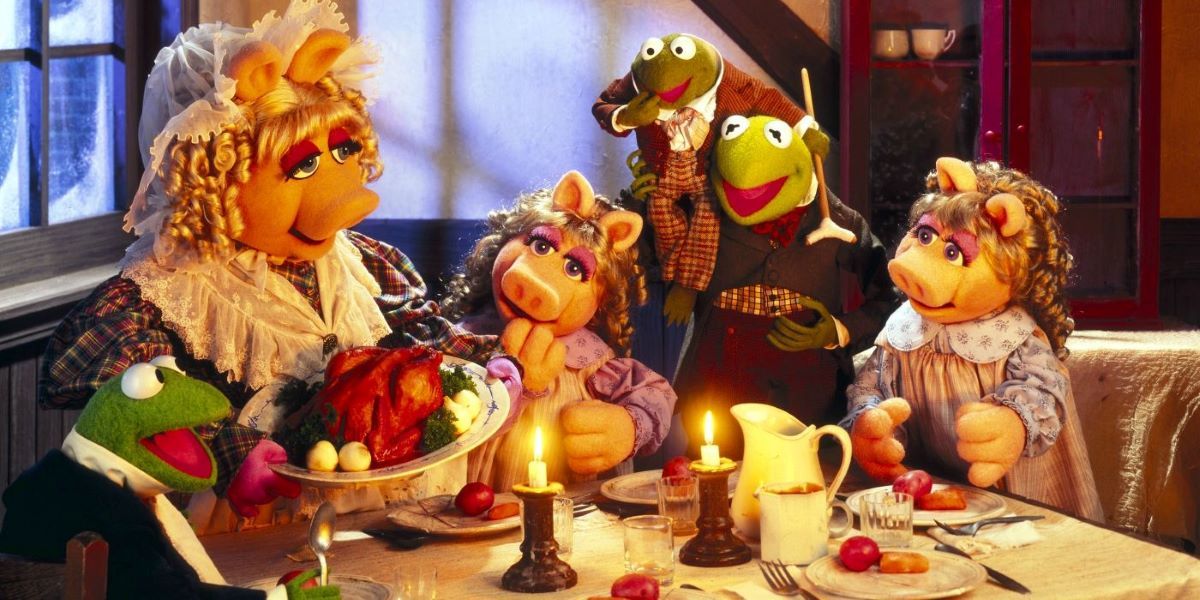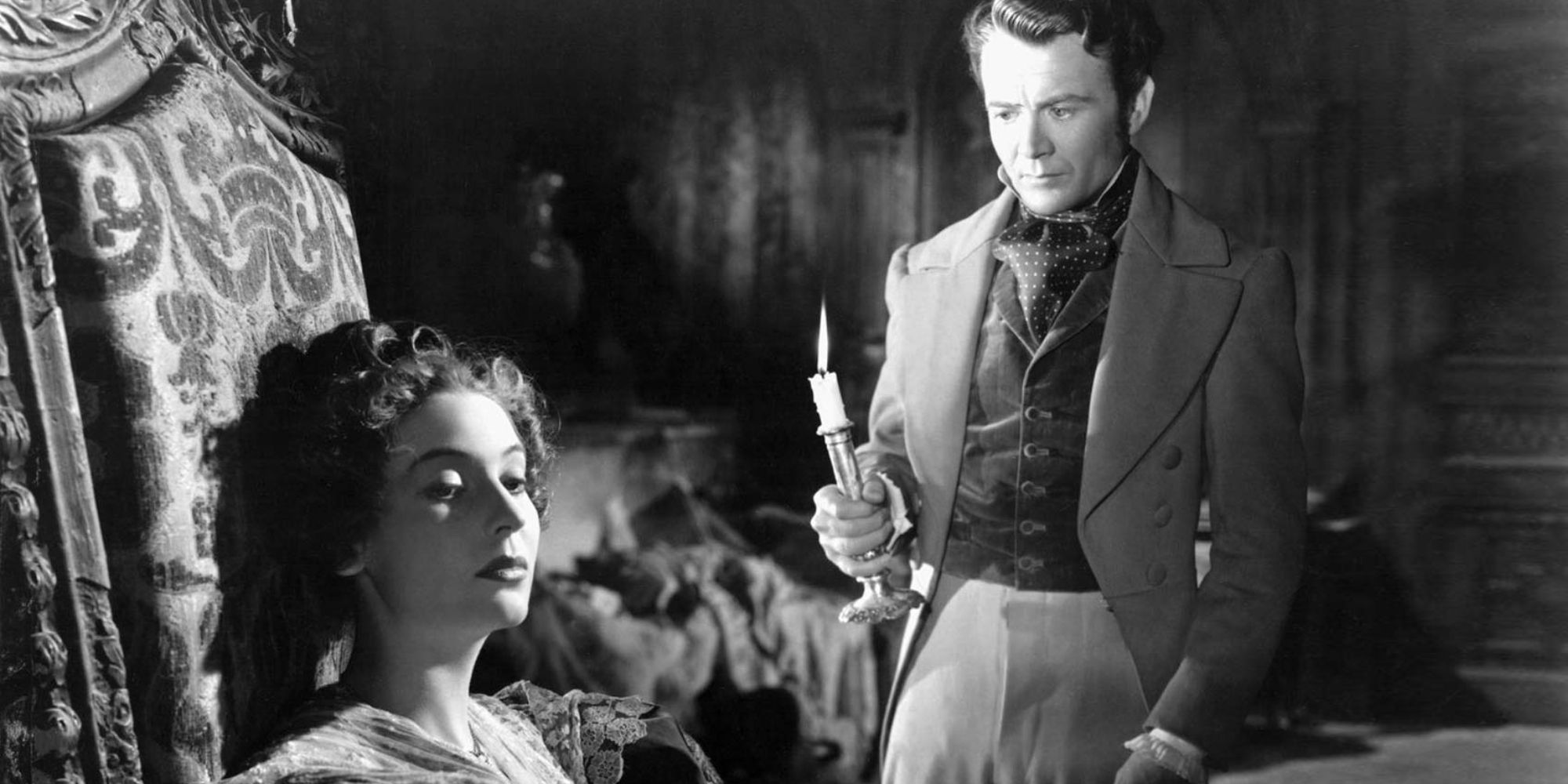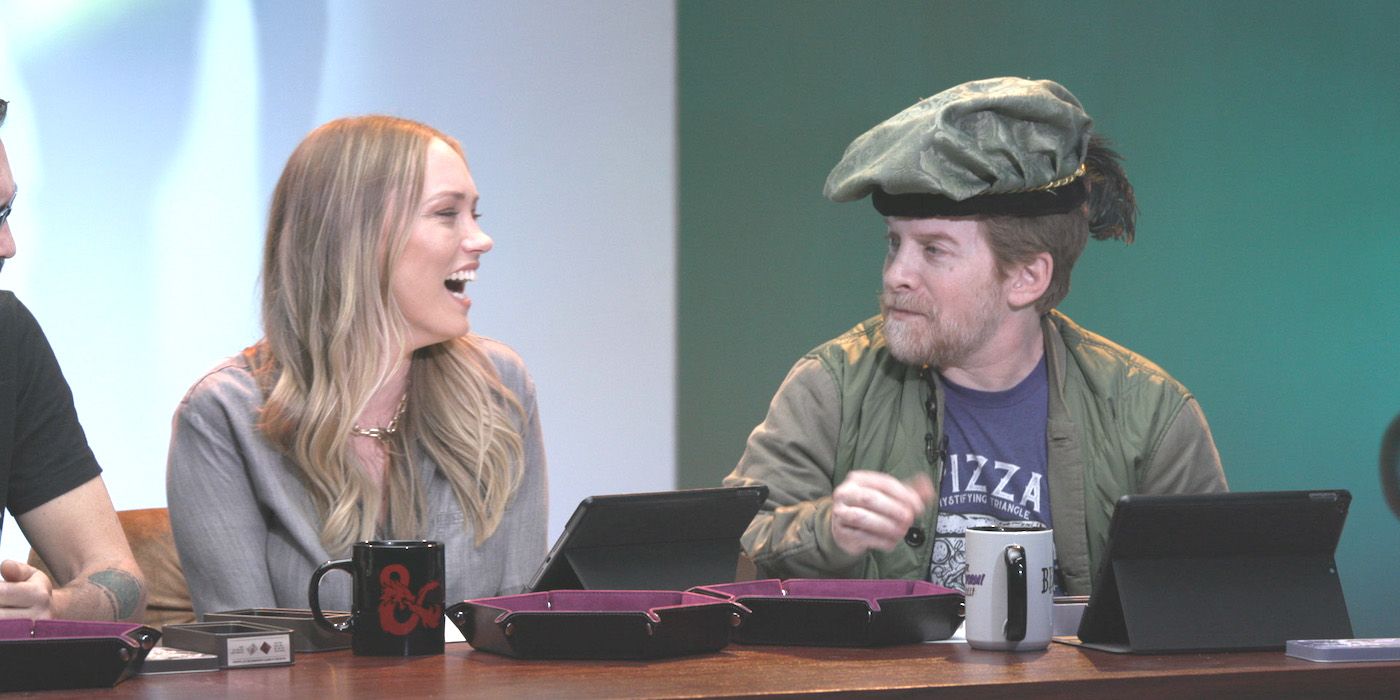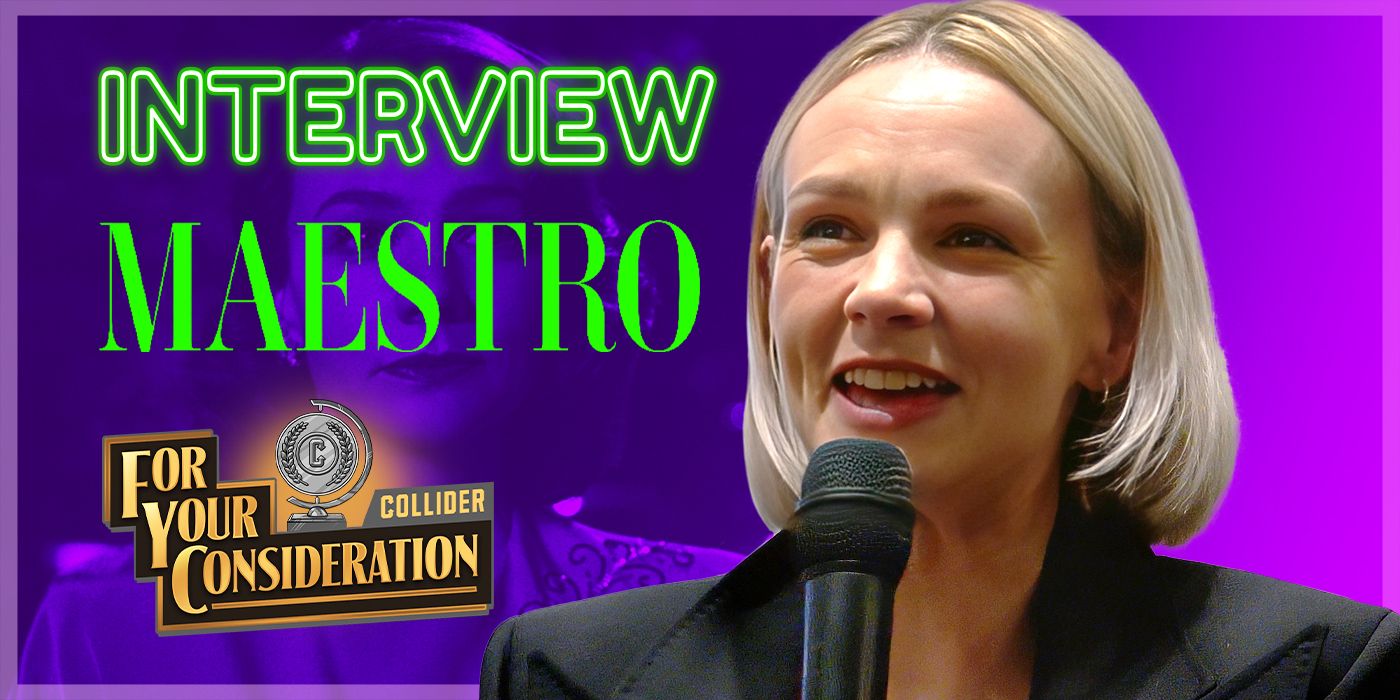Few authors who passed away before cinema itself was invented have proven to be quite as prominent within the world of film as Charles Dickens. The famed English writer was born in 1812 and passed away in 1870, with the earliest short film (if it can be defined as such) being made in 1874. All that’s to say, there’s clearly no way Dickens would’ve known this is how many of his stories would be consumed and enjoyed, yet there has proven to be something surprisingly cinematic about his stories, ideas, and characters. Otherwise, there wouldn’t be countless adaptations of his works by various filmmakers over the past century or so.
His novels, short stories, and other publications live on not just because such writings are still studied and read, but also because they’re continually adapted into film and sometimes miniseries. Compiling some of the best adaptations among these inevitably leads to multiple adaptations of the same source material, but the different approaches to such stories keep these new spins on old tales interesting. What follows is a collection of the best and most notable filmed Charles Dickens adaptations, starting with the good and ending with the great.
20 ‘The Life and Adventures of Nicholas Nickleby’ (1947)
Director: Alberto Cavalcanti
Nicholas Nickleby (or The Life and Adventures of Nicholas Nickleby) was one of Charles Dickens’ earliest novels, and was originally published in a serialized format, like many of his works. Narratively and thematically, there are definitely elements that make it feel Dickensian (Dickens is one of those rare creatives whose style has inspired an adjective), though when it comes to adaptations, Nicholas Nickleby is a little less well-represented than other stories by Dickens.
This 1947 adaptation is up there with the most well-known, and is faithful to the original work insofar as it focuses on being a drama and telling, in a straightforward manner, a story about the titular character’s struggle to provide for his family after the patriarch suddenly passes away. The fact a version of this story retold in such an old film still holds up suggests that maybe Nicholas Nickleby deserves to have a few more high-profile film adaptations.
Watch on Tubi
19 ‘Oliver Twist’ (2005)
Director: Roman Polanski
Alongside Nicholas Nickleby, Oliver Twist is another highly regarded story by Charles Dickens from a relatively early point in his writing career, with both being published in monthly installments during the late 1830s. It’s safe to call Oliver Twist the more popular of the two, when it comes to adaptations, and it’s even one that’s inspired a sequel miniseries of sorts as recently as 2023, with The Artful Dodger.
The overall enduring nature of Oliver Twist means it’s one story that doesn’t need too much of an introduction, following an orphaned boy who falls into a gang of criminals and finds himself facing some harsh realities of life at a very young age. This 2005 adaptation might not be one of the very best, but it works fairly well overall, and is perhaps most notable for having a compelling villainous turn from Ben Kingsley, here playing Fagin, who oversees the gang of young criminals the titular character gets involved with.
Rent on Vudu
18 ‘Nicholas Nickleby’ (2002)
Director: Douglas McGrath
Perhaps the best version of Nicholas Nickleby would be this one from 2002, and it’s therefore worth seeking out for anyone who wants to experience the story without reading it in its original form. It’s a bigger production than the aforementioned The Life and Adventures of Nicholas Nickleby, and has its fair share of well-established actors in supporting roles, including the likes of Christopher Plummer, Nathan Lane, and Jim Broadbent.
It’s also home to one of Anne Hathaway’s earliest film roles (just one year on from 2001’s The Princess Diaries), and stars a pre-Sons of Anarchy Charlie Hunnam in the title role. The story of family struggles, financial hardships, and having to come of age while dealing with difficult circumstances is still taken seriously, but there’s a little more humor found in this 2002 adaptation of Nicholas Nickleby, which ultimately helps balance everything out tonally.
Watch on Hoopla
17 ‘Oliver Twist’ (1922)
Director: Frank Lloyd
1922’s Oliver Twist shows that even during cinema’s earlier days, filmmakers were still well aware that there was something inherently cinematic to be found within Charles Dickens’ work. Given this one’s from the early 1920s, it is a silent film, so it sticks to the basics as far as the classic tale goes. But given the young age of the protagonist, the genuinely impactful stakes, and the universality of the themes at the heart of Oliver Twist, much of the impact is still felt, even without spoken words.
Beyond standing out for being a silent adaptation and one with a runtime of 70-ish minutes, 1922’s Oliver Twist also feels noteworthy for having two well-remembered stars of the silent age in lead roles. The protagonist is played by Jackie Coogan, who was the kid in Charlie Chaplin’s The Kid, as well as Uncle Fester in The Addams Family. Additionally, Lon Chaney – most remembered for starring in various silent horror classics – plays Fagin.
16 ‘Scrooged’ (1988)
Director: Richard Donner
Admittedly, Scrooged takes more liberties with its source material than many Charles Dickens adaptations, especially because it updates A Christmas Carol to the late 1980s, well over 100 years after when the original A Christmas Carol is set. However, as will become clearer and clearer later on, there are many Christmas Carols out there, so the fact Scrooged is a little different tonally and setting-wise inevitably helps it stand out and feel a little fresher.
The always-reliable Bill Murray stars here as Frank Cross, who’s basically Ebenezer Scrooge. He’s an unhappy individual who seems to take out his anger on others, making the world a darker place. It falls on various spirits, therefore, to make him reassess his life and change his ways, all on Christmas Eve (a time of the year that generally makes Cross cross). Murray inevitably makes Scrooged a little funnier than most A Christmas Carol adaptations, and given it doesn’t entirely come at the expense of the drama/heart of the original story, such an approach ends up working quite well.
Scrooged
- Release Date
- November 23, 1988
- Rating
- PG-13
- Runtime
- 100 minutes
- Genres
- Fantasy , Comedy
Watch on Paramount+
15 ‘A Christmas Carol’ (1938)
Director: Edwin L. Marin
What’s this? Another A Christmas Carol? Better get used to it – there are countless ones out there, and numerous ones worth considering when it comes to picking the best Charles Dickens movie adaptations. There are so many that there’s a Wikipedia page dedicated to just “Adaptations of A Christmas Carol,” and that’s not something you’ll see too often. You have to be talking dozens – maybe even hundreds – of adaptations before that starts happening for an original work.
Truth be told, this 1930s version of A Christmas Carol feels a little underwhelming when watched today, but that could be simply the fact that it’s older and has been eclipsed by more modern takes. For its time, this 1938 take on the story was perhaps the first time a non-silent film adaptation of A Christmas Carol really got things right, and even if you’re a little worn out by all these Carols around Christmas, it’s still possible to admire how the novella’s captured in its entirety in just under 70 minutes.
Watch on Max
14 ‘Great Expectations’ (1998)
Director: Alfonso Cuarón
1998’s Great Expectations joins the likes of Scrooged as an example of a Charles Dickens adaptation that the Dickens purists out there might contest, given it’s another modern update of a story set much earlier. The setting update is even more drastic, because while Great Expectations was released in the early 1860s (again, in a serialized format), the story itself had something of a period setting, given it begins in the early 1810s.
Those familiar with Alfonso Cuarón’s later films might not be too surprised the film differs from the source material, given his Harry Potter film, The Prisoner of Azkaban, made its fair share of changes to the novel. The coming-of-age story about a young man adjusting to adulthood is still well-told here, and those who don’t mind the slight shock of seeing a version of Great Expectations play out in the ’90s might well find a good deal to like here.
Watch on Max
13 ‘David Copperfield’ (1935)
Director: George Cukor
Just over a century before David Copperfield the magician (as he’d come to be known) was born, Charles Dickens wrote the novel David Copperfield, which was released throughout 1849 and 1850. It’s not the most adapted work of Dickens, given it’s not A Christmas Carol, but it has its fair share of filmed adaptations, with the director of this 1935 version, George Cukor, also being the director behind another adaptation of a frequently retold cinematic story: A Star Is Born.
Like other Dickens novels, this one can be summarized at least in part as a coming-of-age story, though its titular character’s adult life is also explored thoroughly, meaning it’s not entirely about growing up. The long and certainly eventful life of the protagonist is condensed in the 1935 adaptation, given the original novel is 600+ pages and this film clocks in at a little over two hours, but it’s still a rock-solid version of the story that keeps the essentials needed for it to be compelling.
Watch on TCM
12 ‘A Tale of Two Cities’ (1958)
Director: Ralph Thomas
A strong 1950s adaptation of yet another revered work by Charles Dickens, 1958’s A Tale of Two Cities is an overall good film, even if it might demonstrate this to be one of the more difficult Dickens stories to adapt. Befitting the title, events in A Tale of Two Cities take place in both Paris and London, with a complex story that involves love, heartbreak, injustice, and various other dramatic things all taking place as revolution (of the French variety) starts looking like an inevitability.
Given this film was made in the ’50s, it perhaps can’t fully capture the darker and more intense elements of the novel in a properly visceral manner, but it works within its limitations and still gets the themes it needs to across. And, at the end of the day, it’s hard to go wrong with a movie that features the always-great Dirk Bogarde in a prominent role, whose performance here as Sydney Carton is perhaps the film’s strongest individual element.
Rent on Apple TV
11 ‘The Signalman’ (1976)
Director: Lawrence Gordon Clark
1976’s The Signalman is a rarity: an adaptation of a Charles Dickens story that really doesn’t have too many film adaptations. Perhaps that’s because the source material is relatively brief, and only needs the format of a short film to be told. This version clocks in at just under 40 minutes, and arguably got things right enough that there hasn’t really been a need for too many other filmmakers to have a go at their own adaptations.
It’s also a film that could claim to be the scariest one based on a Charles Dickens story (as long as you don’t count the uncanny and unsettling animated A Christmas Carol from 2009). The Signalman is based around a railway tunnel that may or may not be haunted, and the psychological torment of the titular signalman who’s stationed nearby. It’s atmospheric, works as a slow-burn piece of horror, and is all-around a very engaging way to get a brief but potent dose of old-fashioned scares.
10 ‘A Christmas Carol’ (1984)
Director: Clive Donner
1984’s A Christmas Carol is ultimately A Christmas Carol yet again, but this one has an amazing actor in the lead role, given Ebenezer Scrooge is played here by the legendary George C. Scott. And if that’s a good enough reason for this Christmas Carol to be the best in the eyes of some, that’s understandable, because it often feels like the lead performance within adaptations of this story is what makes or breaks things.
Otherwise, other elements worth noting about this version of an old man’s redemption and a Christmassy run-in with various ghosts is that it plays things fairly straight (not much outright comedy, musical numbers, or Muppets), and is also a TV movie, meaning the production values aren’t spectacular or anything. But they don’t really need to be, and the straightforward, no-nonsense nature of A Christmas Carol on a budget may well even help this adaptation feel a little cozier, intimate, and more down-to-earth.
Watch on Tubi
9 ‘The Personal History of David Copperfield’ (2019)
Director: Armando Iannucci
The most recent high-profile filmed adaptation of David Copperfield might well be the best of the lot: 2019’s The Personal History of David Copperfield. This one’s willing to increase the word count of the title to better reflect the novel’s original title. However, it’s still severely (and perhaps mercifully) cut down, considering the full title (take a deep breath) is: The Personal History, Adventures, Experience and Observation of David Copperfield the Younger of Blunderstone Rookery (Which He Never Meant to Publish on Any Account).
The Personal History of David Copperfield isn’t as intensely focused on being comedic as some of the works director Armando Iannucci is best known for (including creating iconic sitcoms like Veep and The Thick of It), but does benefit from having a good amount of comedic relief. It’s an entertaining and handsomely presented version of the story, and also benefits immensely from having one of Dev Patel’s best roles to date, here playing the titular character.
Watch on Hulu
8 ‘Scrooge’ (1970)
Director: Ronald Neame
Various A Christmas Carol adaptations are called, well, A Christmas Carol, but a bunch also go by the name of the lead character: Scrooge. This 1970 adaptation is one of those, and could well be distancing itself a little from the original story because of the fact that this time around, the story is told in the format of a musical, and an overall pretty good one at that.
It’s colorful, quite extravagant, and somewhat in-your-face, and Albert Finney really hams it up in the lead role, relishing the chance to play such a crotchety yet eventually sympathetic character. It might be one of the more outwardly family-friendly takes on the story out there, owing to the musical numbers and the fact it’s tonally a little lighter than some other adaptations (though the most kid-friendly high-profile A Christmas Carol was still a couple of decades away; more on that in a bit).
Watch on Hoopla
7 ‘Oliver!’ (1968)
Director: Carol Reed
Oliver! (1968) is significant for being, so far, the only Charles Dickens adaptation to win Best Picture at the Oscars. Though it is a version of the story that’s presented as a musical, by no means does this ensure it’s lighter or considerably less intense tonally than the original story. If anything, the fact there are strangely whimsical musical numbers throughout makes the darker stuff feel even darker, as the bleakest moments drastically stand out in contrast to the earworm songs.
The argument could therefore be made that Oliver! feels tonally inconsistent, though others will of course find the emotional range to be a strength, or at least something that makes this one stand out. It’s nevertheless impressive as a large-scale film musical, and will likely appeal to those who enjoy old-school musicals of this nature (it was the last of its genre to win the Academy Award for Best Picture; it wouldn’t be until Chicago, in 2002, that another musical won the top prize).
Rent on Apple TV
6 ‘A Tale of Two Cities’ (1935)
Director: Jack Conway
Though the premise and themes of A Tale of Two Cities continue to inspire modern-day filmmakers in sometimes unexpected ways, one has to go back to the 1930s to find the best straightforward adaptation of Dickens’ story. Again, it’s perhaps a difficult one to adapt, but 1935’s A Tale of Two Cities does the best job out of any film, and is largely successful in contrasting the different events happening in London and Paris.
Like any film adaptation made before a certain time and restricted to a non-epic length, 1935’s A Tale of Two Cities tones things down a little and can’t entirely capture the novel’s scope, but is still perhaps as good as a film of this story will get. It holds up today better than many films of its age, and was also well-received upon release, getting a Best Picture nomination at the Academy Awards, though lost to the honestly worse (and rather bloated) The Great Ziegfeld.
Rent on Apple TV
5 ‘Bleak House’ (2005)
Directors: Justin Chadwick and Susanna White
There are plenty of great British miniseries out there, meaning there’s always a risk something like Bleak House will get lost in the crowd. But it shouldn’t be overlooked, as it stands as arguably the gold standard for how the work of Charles Dickens should be adapted to this kind of format. And really, the quality of the acting and production overall means this feels cinematic; really just like a very long movie, which is one of the best things that can be said about a miniseries.
The length is certainly warranted, with the story of Bleak House being better suited to a miniseries than a feature film, considering its scope and large cast of characters. Much of it revolves around a drawn-out court case involving disputes about estates and wills and, like much of the time in real life, when money is involved, people don’t seem to want to back down, no matter the consequences. It’s a slow-burn story, and an unsurprisingly Bleak one, but is well-told, and should prove absorbing for those with the time to spare.
Watch on Hulu
4 ‘Scrooge’ (1951)
Director: Brian Desmond Hurst
Given how numerous A Christmas Carol movies exist, and the fact that all the best ones have slightly different things to offer, it’s going to vary from person to person when it comes to picking the best. That being said, if you want a straightforward take on the tale, and one that sticks primarily to being a character-focused drama with added fantastical/supernatural elements, then there’s a good case to be made that the 1951 adaptation reigns supreme.
Alastair Sim might not be as much of a household name as other actors who’ve played Ebenezer Scrooge, but that doesn’t stop his depiction of the character being one of the very best. The balance between his cruelty and increasingly sympathetic traits is done well here, and he earns his redemption in a way that feels particularly cathartic and overall hard to fault. For those who want A Christmas Carol without potential gimmicks or distractions, 1951’s Scrooge is where it’s at.
Watch on Plex
3 ‘Oliver Twist’ (1948)
Director: David Lean
The final movies in David Lean’s filmography were all about size and impressive scope; old-fashioned (and often Award-winning) cinematic epics, effectively. However, earlier on, two relatively successful films by Lean were adaptations of Charles Dickens’ stories. In fact, two of these could be considered among the very best of all Dickens adaptations, with the best of the Oliver Twist’s being made by Lean and released in 1948.
As a UK production made just a handful of years after a devastating World War, perhaps there was a greater willingness to go particularly dark when telling this already dark story. It’s easy to see 1948’s Oliver Twist as being quite shocking and even frightening for a film of its time, and it’s the uncompromising elements that make the somewhat happy ending (at least for the titular character) feel earned by the end of a gritty, violent, and sometimes quite hard-edged story.
Watch on Max
2 ‘The Muppet Christmas Carol’ (1992)
Director: Brian Henson
Even though the Charles Dickens purists might think they want to keep Muppets out of their Christmas Carol adaptations, they don’t. At least not really. The Muppets are – and always have been – fun, silly, quirky, and largely quite lovable, no matter how young or old you are. And they are involved here heavily, with the vast majority of characters being Muppets. Of course, Ebenezer Scrooge himself is played incredibly well by Michael Caine, and you believe he exists within this alternate Muppet-filled world.
There’s a great deal more comedy and singing than most takes on A Christmas Carol, but when this Muppet version wants to pull at your heartstrings, it still really goes for them, and can prove surprisingly sad. At least most of it’s funny and breezy, and it ends in a typically charming and nice place. It also has to be stressed that Caine is fantastic; if not the best on-screen Scrooge, then without a doubt, he’d have to be a contender who’s right up there.
Watch on Disney+
1 ‘Great Expectations’ (1946)
Director: David Lean
And so it comes to pass that not only is 1946’s Great Expectations the greatest of all the Great Expectations, but one could very well expect it to be considered by most as the greatest Dickens film adaptation full-stop. As with Oliver Twist from 1948, having a director as good as David Lean running the show is always going to help make a great story even greater, and things are helped further by the cast featuring many prominent English actors, including John Mills, Jean Simmons, and a rather young Alec Guinness.
This version of Great Expectations is up there with the best movies of the 1940s, and revolves around an orphan named Pip who’s transformed into a young man by a mysterious individual, all the while experiencing the highs and lows of growing up. It brings the characters to life exceptionally well, the emotions shine through, thanks to all the performances, and Lean’s visual style gets the balance right between grounded and more dramatic/striking. It’s expertly adjusted from page to screen, and given it does so many things right for an adaptation (and already had very good material to work with, to say the least), it’s fair to call 1946’s Great Expectations the best of all films adapted from Dickens’ works.
Watch on Max

